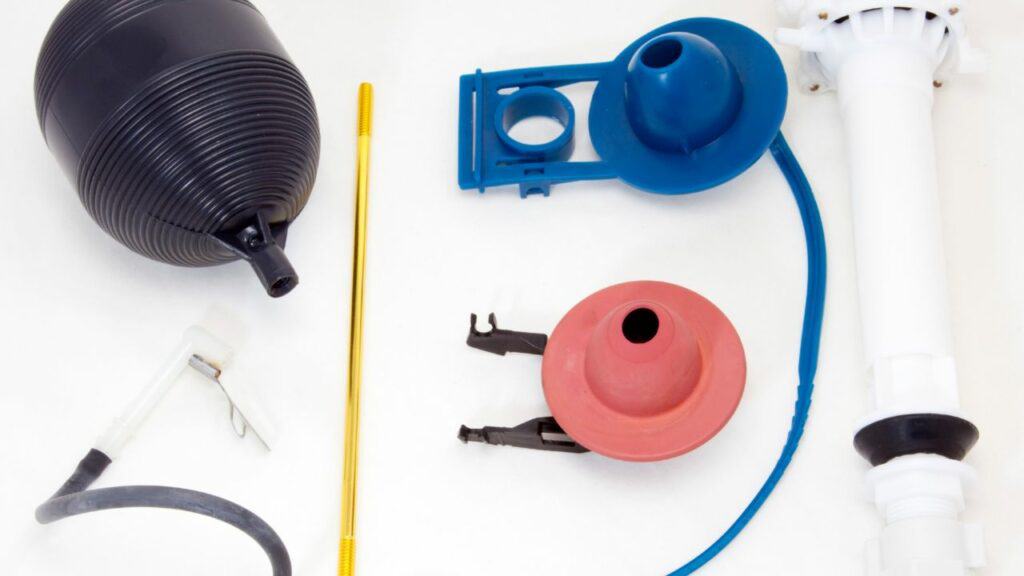Shower durations differ widely, with the average person showering for about 8 minutes. The time spent in the shower is affected by environmental concerns and the need to protect skin and hair health.
It is advised to keep showers between 5 and 10 minutes to stay clean without harming the skin’s natural oils. The frequency and length of showers also impact water and energy use.
Shorter showers can help save resources and lower bills. Let’s now talk about the factors that influence how long people shower, suggests ideal shower lengths for health and the environment, and offers advice on saving water and energy.
Average Shower Duration
The average shower duration is about 8 minutes. This time allows for sufficient cleaning while conserving water and energy. Health experts recommend showering for 5 to 10 minutes to prevent skin damage and maintain natural oils. Shorter showers save more resources but may not be adequate for everyone’s cleaning needs.
The 8-minute average balances the need for personal hygiene with environmental sustainability. Individuals’ shower times vary, but this average aims to meet different needs while encouraging water conservation.
Factors Affecting Shower Length
Shower length varies due to factors such as skin conditions, temperature preferences, and water conservation efforts.
Individuals with sensitive skin or eczema may need shorter, cooler showers to avoid irritation, while those with psoriasis might benefit from longer, warmer showers to soothe their skin and remove scales.
Hot water can dry out the skin by removing natural oils, so it’s important to limit shower time to prevent skin damage. People who are physically active or work in labor-intensive jobs may require more frequent or longer showers for hygiene reasons.
For an efficient shower that conserves water, a three- to five-minute duration can be sufficient. Using water-efficient showerheads and being aware of shower length can help save water and energy, aiding in environmental conservation while maintaining cleanliness.
Environmental Impact Considerations
Shortening shower time can effectively reduce water and energy use. Each minute less in the shower can lead to significant savings in both water consumption and the energy needed to heat it. Since many people shower daily, even a small decrease in shower time can have a large environmental impact over time.
Reducing shower time by one minute can save around 170 billion gallons of water each year. This conservation is essential for water sustainability, especially in water-scarce areas. Additionally, heating water for showers is a major part of household energy use and contributes to community-wide energy consumption.
Using efficient showerheads can further save water and energy. These showerheads use less water while still providing a satisfactory shower, which can also lower utility bills, offering a financial benefit to consumers.
To balance water and energy savings with skin health, it is recommended to shower for 5 to 10 minutes and to avoid excessive use of strong cleansers. Choosing the right shower temperature can also save water and energy without compromising the shower experience. Individual actions such as these can have a significant impact on achieving broader environmental sustainability.
Optimal Shower Time Recommendations
Dermatologists recommend showers shorter than 10 minutes to protect skin health. For those with psoriasis, a maximum of 5 minutes is advised, as longer exposure to water, particularly hot water, can remove the skin’s natural oils, causing dryness and irritation. The American Academy of Dermatology suggests that a 5 to 10-minute shower is sufficient for most people to maintain hygiene without damaging the skin barrier.
Conserving water is another benefit of shorter showers. The American Academy of Dermatology states that reducing shower time by a minute can save up to 170 billion gallons of water annually. Additionally, using low-flow showerheads, which restrict water flow to 2.0 gallons per minute or less, can further reduce water usage while still providing an effective shower.
Effects on Skin and Hair Health
Showering too often with hot water can harm skin and hair by removing essential oils and moisture. Hot water can cause skin dehydration, leading to tightness, flakiness, and worsening of conditions like dry skin or eczema. It may also cause itching, which can damage the skin and increase the risk of infection.
The skin’s moisture barrier is important for protection against environmental harm and germs. When this barrier is weakened from excessive showering, the skin is more vulnerable to irritation, dryness, and infections. To protect skin health, shorter showers with lukewarm water are better, particularly for those with dry skin.
Using mild, pH-balanced cleansers can reduce the negative impact on the skin, and applying moisturizer after showering can help maintain hydration and skin balance. For hair, less frequent hot showers can prevent it from becoming dry and brittle, which can cause breakage and dullness. Adjusting shower habits and proper care can help keep skin and hair healthy.
Water and Energy Saving Tips
Shortening showers by at least one minute can save up to 170 billion gallons of water yearly in the U.S. This reduces the energy needed for heating water, lowering utility bills and carbon emissions.
Using lukewarm water for showers is beneficial for skin and conserves energy, as less heating is required. People often take quicker showers with cooler water, which further cuts water use.
Installing low-flow showerheads, which restrict flow to 2.0 gallons per minute or lower, saves water without affecting shower quality. These can be easily fitted without professional help.
Keeping showers between 5 to 10 minutes and applying moisturizer afterward is recommended for skin care and environmental conservation. By managing shower length, water temperature, and using efficient showerheads, individuals contribute to saving water and energy.
Cultural Showering Habits
Showering habits differ around the world due to climate, traditions, and water availability. In hot and humid places, frequent showers are common for comfort and hygiene, while cooler regions may see less frequent showering. Cultural norms influence how often and how long people shower.
For instance, Brazilians often shower more than once daily due to the climate and social expectations. In contrast, some Europeans may shower less frequently, conserving water for environmental reasons and following historical practices.
Water scarcity impacts showering routines, leading to conservation practices such as shorter showers. Technologies like aerating shower heads and timers support water saving in these areas.
Global sustainability efforts are changing showering habits to reduce water use. For example, there are goals to lower water consumption to 130 liters per person per day by 2030. People are adopting eco-friendly alternatives that suit their preferences and cultural showering practices.





